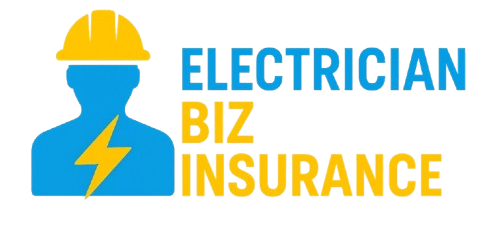Electrician Business Auto Insurance: What to Know

Electrician Business Auto Insurance: What to Know

If you’re an electrician driving to job sites daily, your van or truck isn’t just a vehicle—it’s your mobile workshop. From hauling ladders and toolkits to transporting materials, your work vehicle is a crucial part of your business. That’s why Electrician Business Auto Insurance is not just recommended—it’s essential. Without proper coverage, a single fender-bender could damage more than your vehicle—it could disrupt your entire workflow.
At Western Insurance, we help contractors across the U.S.—especially in regulated states like California, Texas, and Florida—find affordable, customized electrician insurance plans, including commercial auto insurance for electricians.
Why Electricians Need Commercial Auto Coverage
Most electricians drive personal vehicles repurposed for business use. But here’s the catch: your personal auto insurance won’t cover damages if you’re in an accident while working. That’s where electrician business auto insurance steps in. It covers both your vehicle and liability when you’re traveling for business—whether it’s a service call in Los Angeles or a rewiring project in Dallas.
If your vehicle is involved in an accident while transporting tools or materials, or if a staff member uses it during work hours, you’re financially responsible unless you have commercial electrician auto insurance.
What Does Electrician Auto Insurance Cover?
A comprehensive auto electrician insurance policy typically includes:
Liability coverage for injuries and property damage caused to others
Collision coverage for damage to your own vehicle
Comprehensive coverage for non-collision-related losses (e.g., theft or vandalism)
Uninsured/underinsured motorist coverage
Medical payments coverage for you or your passengers
Add-ons like tool and equipment insurance and rented/borrowed vehicle coverage ensure full protection while on the move.
Is It Required?
If your business owns a vehicle—or if you’re a licensed and insured electrician using a personal vehicle for jobs—you’ll likely need electrician commercial auto insurance to comply with state and federal regulations. Some job sites and general contractors won’t allow electricians without proof of proper business electrician insurance including auto liability.
How Much Does Electrician Business Auto Insurance Cost?
The electrician insurance cost for auto coverage varies based on:
State (e.g., California, Florida, Texas)
Type of vehicle (van, truck, etc.)
Driving record of the insured
Coverage limits and deductibles
Number of vehicles and employees
On average, electrician business auto insurance ranges from $80 to $180/month for basic coverage in most states. Bundling it with your electrician liability insurance or electrician workers compensation insurance can lower your overall premium.
Need a quote tailored to your state or team size? Visit our Electrician Insurance California page for personalized options.
Why Bundle Auto Insurance with Other Coverages
Smart electricians often bundle their commercial auto coverage with a Business Owner’s Policy (BOP) that includes general liability, property, and tool insurance. This saves money and ensures you’re fully protected whether you’re on-site, in the van, or at the shop.
At Western Insurance, we help you customize your electrician insurance to include everything from daily electrician insurance to electrician liability insurance by the month, depending on your operations.
Frequently Asked Questions (FAQs)
Yes. Personal car insurance typically doesn’t cover work-related driving. You need electrician business auto insurance to be fully protected.
Your commercial auto policy will cover employee use, but make sure all drivers are listed and covered under your plan.
Yes—most states, including California, Texas, and Florida, require commercial auto insurance for any vehicle used in business operations.
We offer flexible electrician insurance options—including one-day electrician liability insurance and hourly coverage—but commercial auto policies are generally structured monthly or annually.

